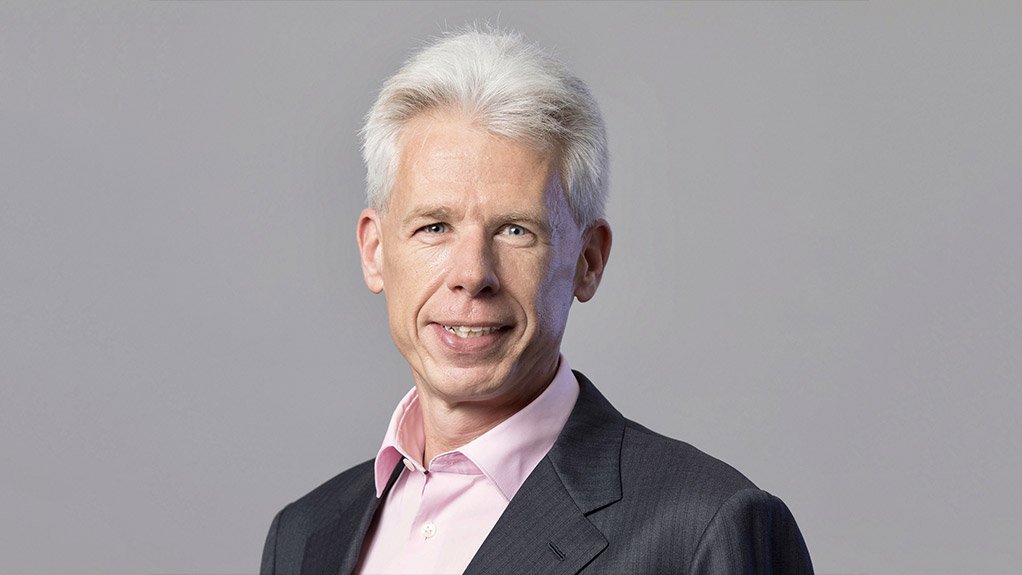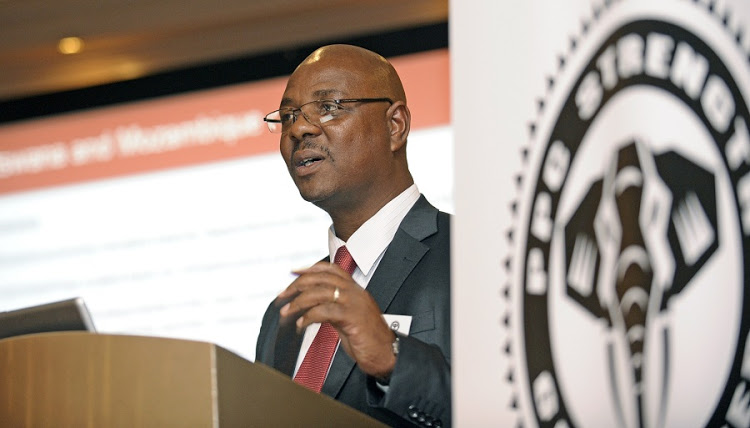

PPC, the listed cement and lime producer, has embarked on a retrenchment process at its head office.
Anashrin Pillay, the group manager investor relations at PPC, confirmed the group was restructuring its head office to meet operational requirements, but declined to give specifications of what the process would involve, the number of people affected and the reasons for the restructuring.
“As we are still in the process, it would be premature to disclose details around this, bearing in mind that we are in a closed period. We will update the market in due course,” he said. Informed sources told Business Report a number of retrenchments had already taken place at the head office.
PPC told the annual RMB Morgan Stanley conference last month that cement volumes declined between 4 and 5% in the five months to August as a result of the country’s weak economic growth, the impact of the VAT increase on consumer spending and the construction industry being under severe pressure.
It said the pressure on the industry also came on the back of a fall in large infrastructure projects and private non-residential building. However, PPC reported continued cement price recovery in South Africa, despite the challenging trading environment, adding that it continued to realise “effective price increases”.
PPC said cement pricing in Southern Africa, including Botswana, had increased 3% and up to 2% in South Africa, with the inland and Gauteng regions achieving a 3 to 4% surge. Meanwhile, PPC reports that its Zimbabwean operations continued to operate well, despite the economic crisis in that country caused by inflation, foreign exchange shortages and the absence of foreign investment flows.
“The company continues to operate well and, based on performance for the first five months of the financial year, volumes are 37% higher than last year, pricing is marginally higher due to the product mix and market share has increased,” he said.
However, Pillay said PPC continued to closely monitor the availability of foreign exchange, although PPC Zimbabwe was self-sufficient in terms of its operational requirements. Pillay added that PPC Zimbabwe had implemented various initiatives, including increasing localised procurement and exports of cement, to ensure that it was self-sufficient in terms of its foreign exchange requirements.
More news
- CELEBRATING EXCELLENCE IN THE RESIDENTIAL PROPERTY SECTOR
- PART 4: GIBS PANEL DISCUSSES INTEMEDIATE CITIES ROLE IN AFRICA’S DEVELOPMENT
- EXPOSED AGGREGATE PAVERS COMPLEMENT NEW LIFESTYLE CENTRE
- GIBS PANEL EXPLORES ROLE OF INTERMEDIATE CITIES IN SA’S DEVELOPMENT PART 3
- CITI-CON’S CONCRETE KNOWLEDGE SUCCESSFULLY DEPLOYED ON NEW LANDMARK DEVELOPMENT





